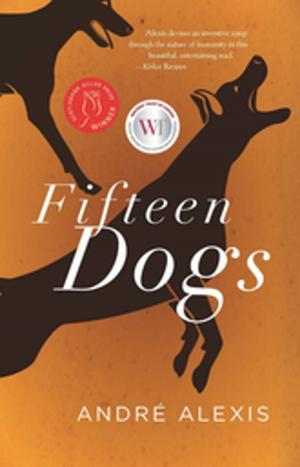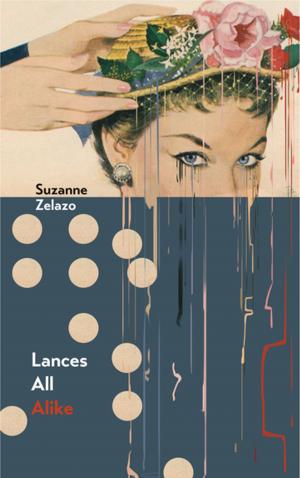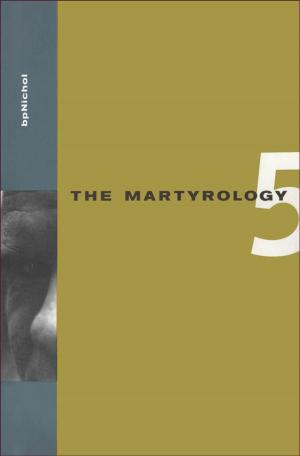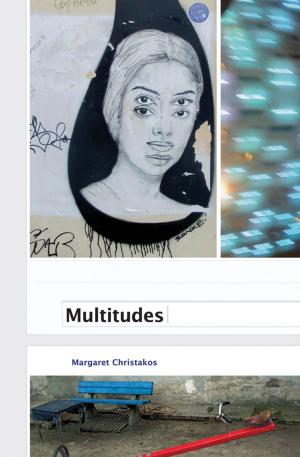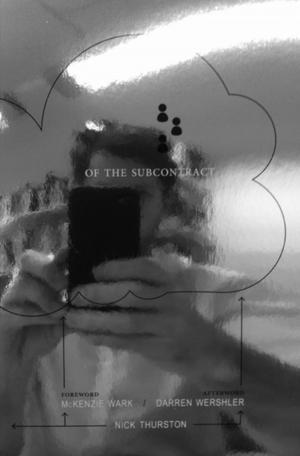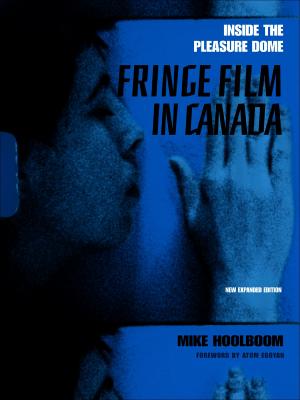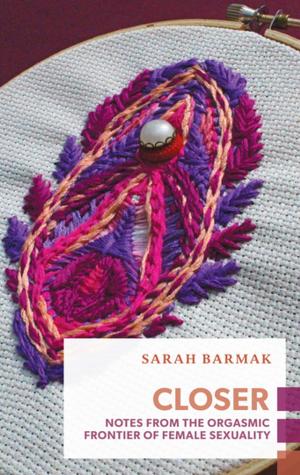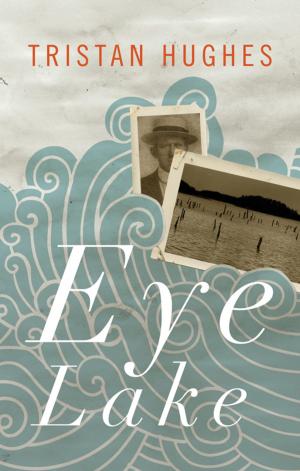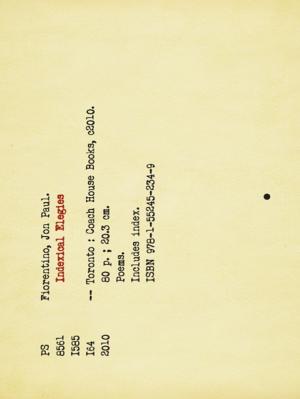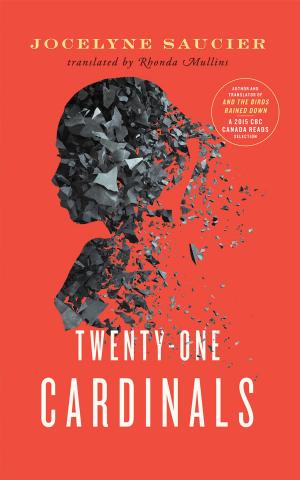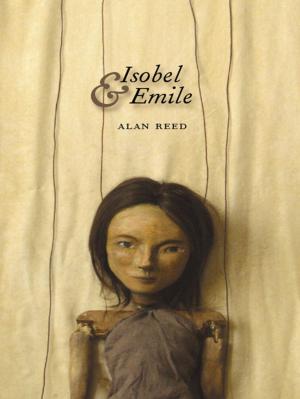Shimmering Beast, The
Nonfiction, Art & Architecture, General Art, Individual Artist, Fiction & Literature, Essays & Letters, Essays| Author: | Steve Reinke | ISBN: | 9781770562882 |
| Publisher: | Coach House Books | Publication: | September 22, 2011 |
| Imprint: | Coach House Books | Language: | English |
| Author: | Steve Reinke |
| ISBN: | 9781770562882 |
| Publisher: | Coach House Books |
| Publication: | September 22, 2011 |
| Imprint: | Coach House Books |
| Language: | English |
Steve Reinke is one of the most intriguing artists we've got; his scope is enormous, his imagination absolutely singular. His video art — The Hundred Videos, Anthology of American Folk Song, Anal Masturbation and Object Loss — practically define the genre.
Reinke tells us, in 'Kitchener–Berlin,' his appreciation of Philip Hoffman's film of that title, that experimental video is centred around voice — a decidedly peculiar and literary notion. It makes good sense, then, that this experimental video artist is also an accomplished prose writer.
Collected herein are Reinke's best recent prose pieces. Hybrids of criticism, fiction and personal essay, these pieces all engage — by pillaging, by honouring, by scrutinizing, by cannibalizing — an other's work: the films of Frank Cole, the videos of Emily Vey Duke and Cooper Battersby, the photos of Douglas Ischar, the writings of Dr. Paul Brouardel and the psychoanalysis of Melanie Klein, to name just a few.
Funny, absurd and tartly poignant, these texts document the process and reach of an artistic mind at the height of its powers.
Steve Reinke is one of the most intriguing artists we've got; his scope is enormous, his imagination absolutely singular. His video art — The Hundred Videos, Anthology of American Folk Song, Anal Masturbation and Object Loss — practically define the genre.
Reinke tells us, in 'Kitchener–Berlin,' his appreciation of Philip Hoffman's film of that title, that experimental video is centred around voice — a decidedly peculiar and literary notion. It makes good sense, then, that this experimental video artist is also an accomplished prose writer.
Collected herein are Reinke's best recent prose pieces. Hybrids of criticism, fiction and personal essay, these pieces all engage — by pillaging, by honouring, by scrutinizing, by cannibalizing — an other's work: the films of Frank Cole, the videos of Emily Vey Duke and Cooper Battersby, the photos of Douglas Ischar, the writings of Dr. Paul Brouardel and the psychoanalysis of Melanie Klein, to name just a few.
Funny, absurd and tartly poignant, these texts document the process and reach of an artistic mind at the height of its powers.

